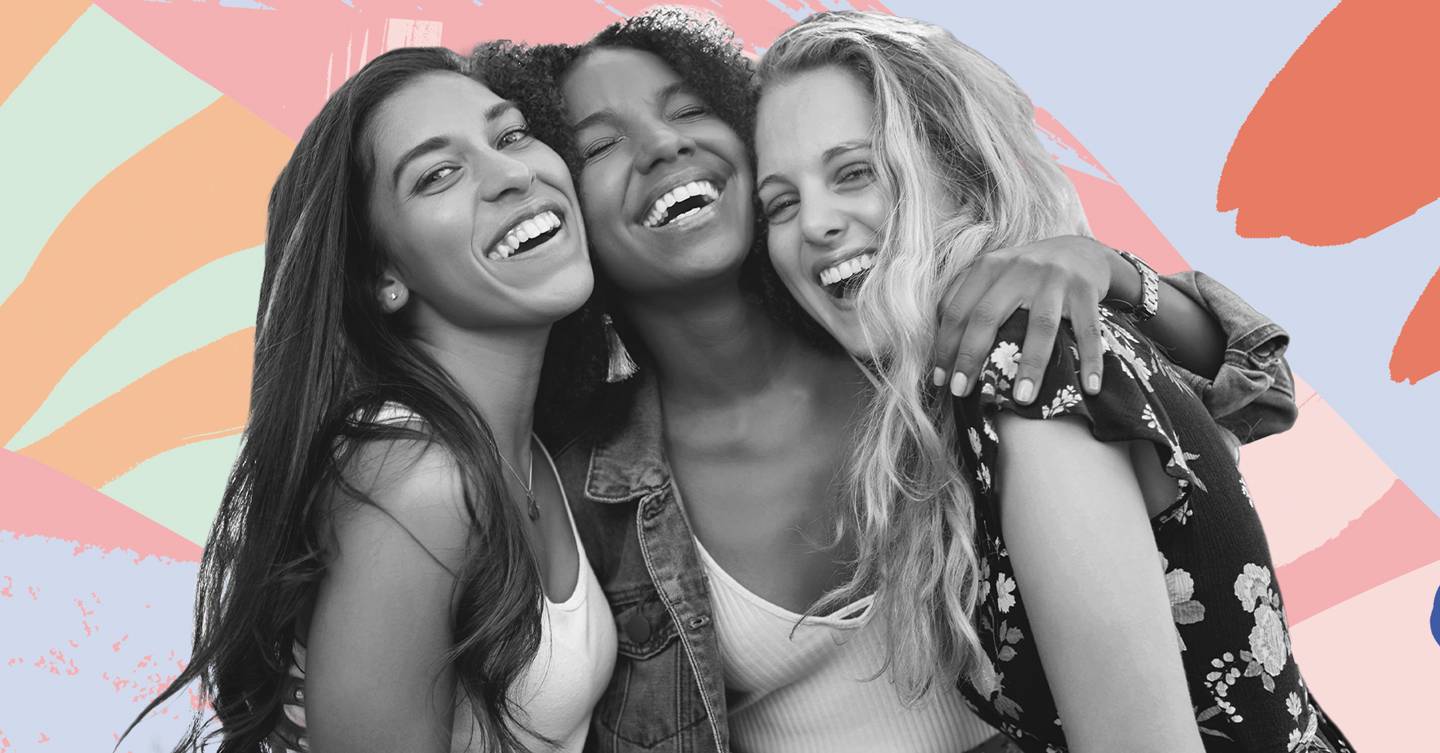Welcome to June’s mental health column by writer and author Beth McColl, where she explores how friendships have changed during the pandemic. Beth is the author of ‘How to Come Alive Again’ which is a relatable and honest practical guide for anyone who has a mental illness. She’s also a v funny gal on Twitter.
Were you a good friend during the pandemic? I don’t know if I was. I wanted to be. I sent cards and flowers and little gifts. I texted people who lived alone and asked how they were doing- how they were really doing. I did the video chats and the group texts and shared the funny memes about that one Netflix documentary we all watched. I tried, I really did. But I can’t ignore the things I didn’t do, the milestones missed, the Zoom invites declined, the people I didn’t reach out to. I can’t ignore that many of my friendships look a lot different now than they did right before the first lockdown, that distances formed that will take real effort to close, if that’s even possible. I know that some of my mates had no choice but to vanish off the map for a while- those working high-pressure jobs from their kitchens, learning how to home-school, keeping a marriage healthy while stuck inside, grappling with stressful changes to childcare. But even with friends whose lockdowns looked similar to mine, there were weeks or even months where we didn’t really talk. I’d like their photos of sourdough, they’d like mine of the park, I’d send a meme, they’d send a tweet- but it was hard to meaningfully catch up when each day was a carbon copy of the day before it, when it was so much work just to get by. The shape of our friendships has changed, and it’s naive to imagine we can pick up right where we left off.
I know of some friendships that ended or changed more swiftly and acrimoniously- family members falling out, groups fracturing. As the restrictions became more defined, so did people’s opinions on what was necessary, what was true, who should be protected, and at what cost. As new information filtered through we reacted in real-time, each with our own agendas, each believing in the correctness of what we had to say. With so much at stake, it felt immensely personal to be disagreed with or challenged, and there may be many uncomfortable reunions yet to come as we cross paths again. There may be coldness or distance in places we aren’t expecting it.
Still, I’m excited. And it isn’t only my close mates who I’ve missed. I’ve missed the looser, more peripheral connections I had with friends of friends or people I may not have known well but was always excited to spot across the room at parties or work events. We saw each other on the early Zoom Quiz circuit, of course, but it wasn’t the same. It’s only now that things are opening up again that I’m realising the significance of these familiar faces. One day we were all out there in the world, moving freely, meeting without worry, doing things on a whim, coming and going and saying ‘it’s so nice to see you again!’- and the next day we were not.

Illustration by Chelsea Hughes
Getting back out there is both thrilling and terrifying. I long for these reunions, but I worry that I’ve lost ground or regressed in ways that will be obvious, alienating. Many of us went through great pain in private in the last year, either unable to be comforted because of restrictions or unwilling to ask for help at a time when everyone else was hurting too. A lot of this pain was transformative, and we’re meeting one another again as changed people. Holding space for that change can be tricky, especially as so much of the messaging seems focused on ‘getting back to normal.’ Normal seems a ridiculous concept in the shadow of what happened and what is still happening. I don’t feel normal at all. I’m sad and angry and confused, and as much as I want to put that aside and just embrace our new freedoms, I know it doesn’t work like that. Can I take those feelings with me as I go out into the world and see my mates? Can our happiness at being back together exist alongside sorrow and uncertainty? I think it can. I think it has to. I want to have fun and be silly and laugh until someone pees in their pants, but I also want to hear about the difficult moments of the last year, the things that my pals are still struggling with. I want to tell them where I’m still hurting. I want to take it in stride when people say they feel like we’ve drifted apart, and I want to find ways to reconnect.
In other words, if back to normal isn’t an option then I want better, or at least an attempt at better. I want not to take closeness and connection for granted. I don’t want to collect new friends or push myself to socialise in ways I’m not ready for. I want to ask for help more freely, offer it more thoughtfully, listen more actively. I want to choose more wisely who I share my life with, who I offer my time and trust to. I want to mourn what’s lost and then look ahead. But maybe I’m getting ahead of myself. More than anything I just want to see my friends, get a bottle of wine and a pizza, take off my mask, settle back in my seat. The rest? The rest we can figure out together.

